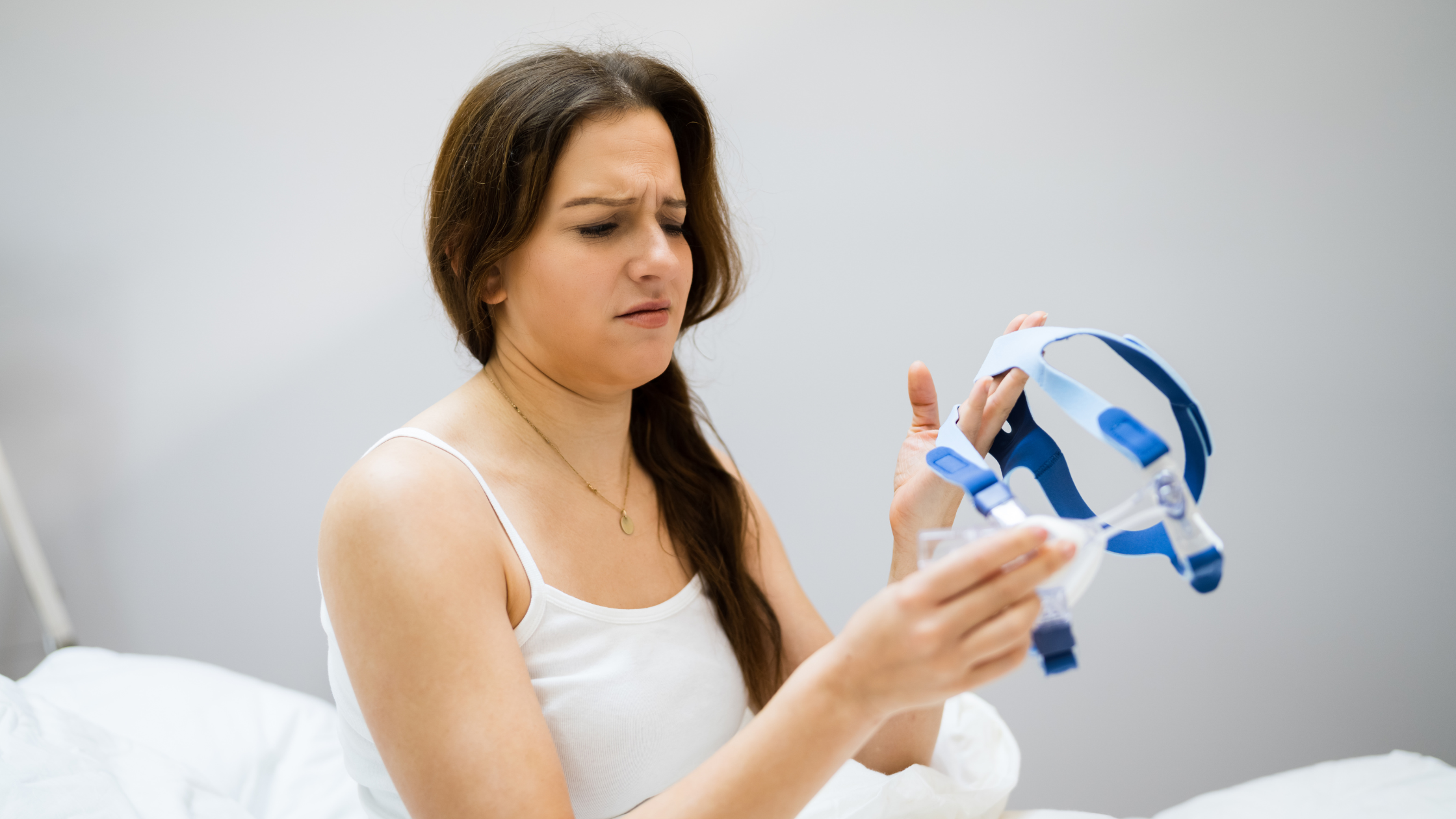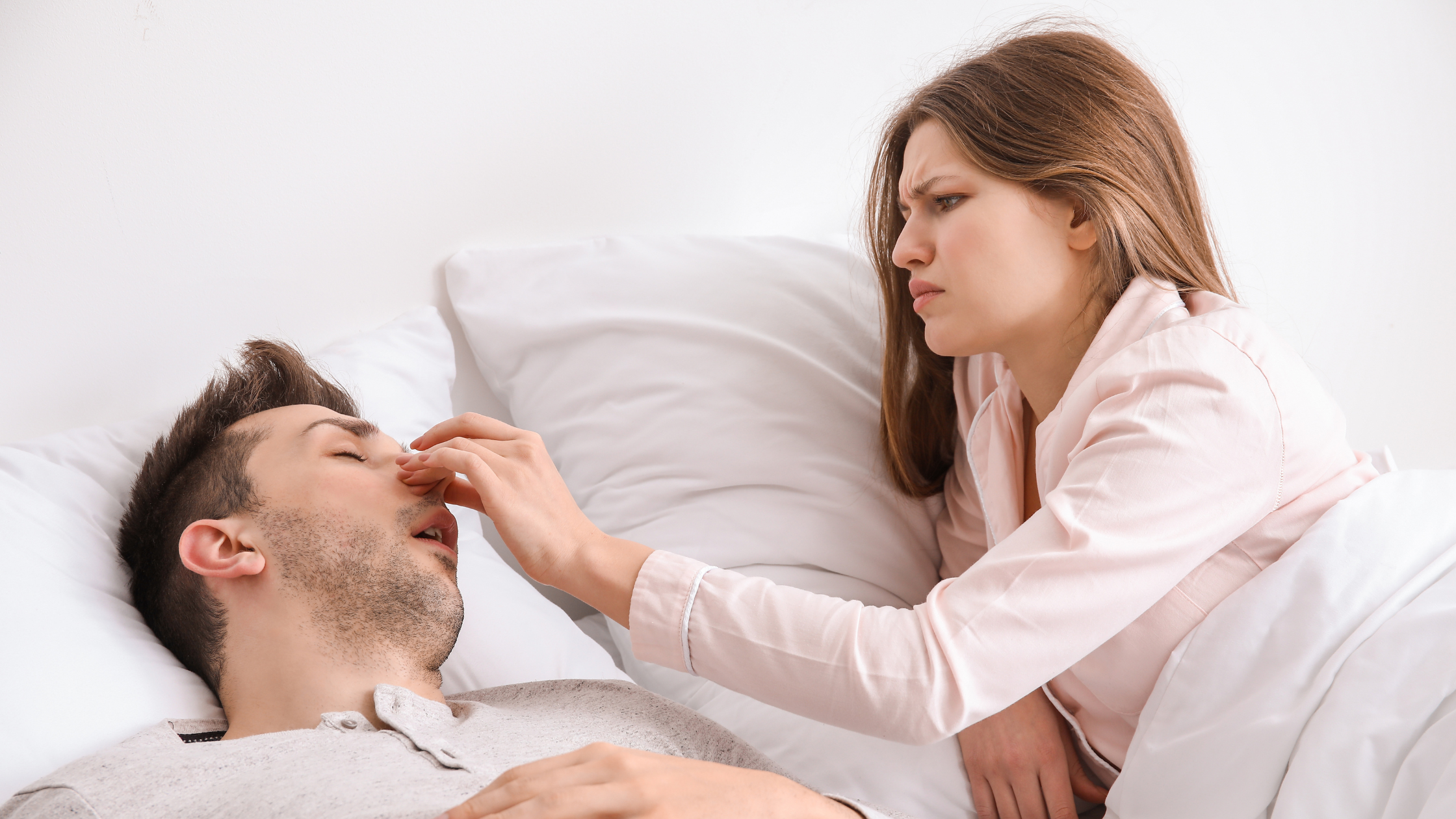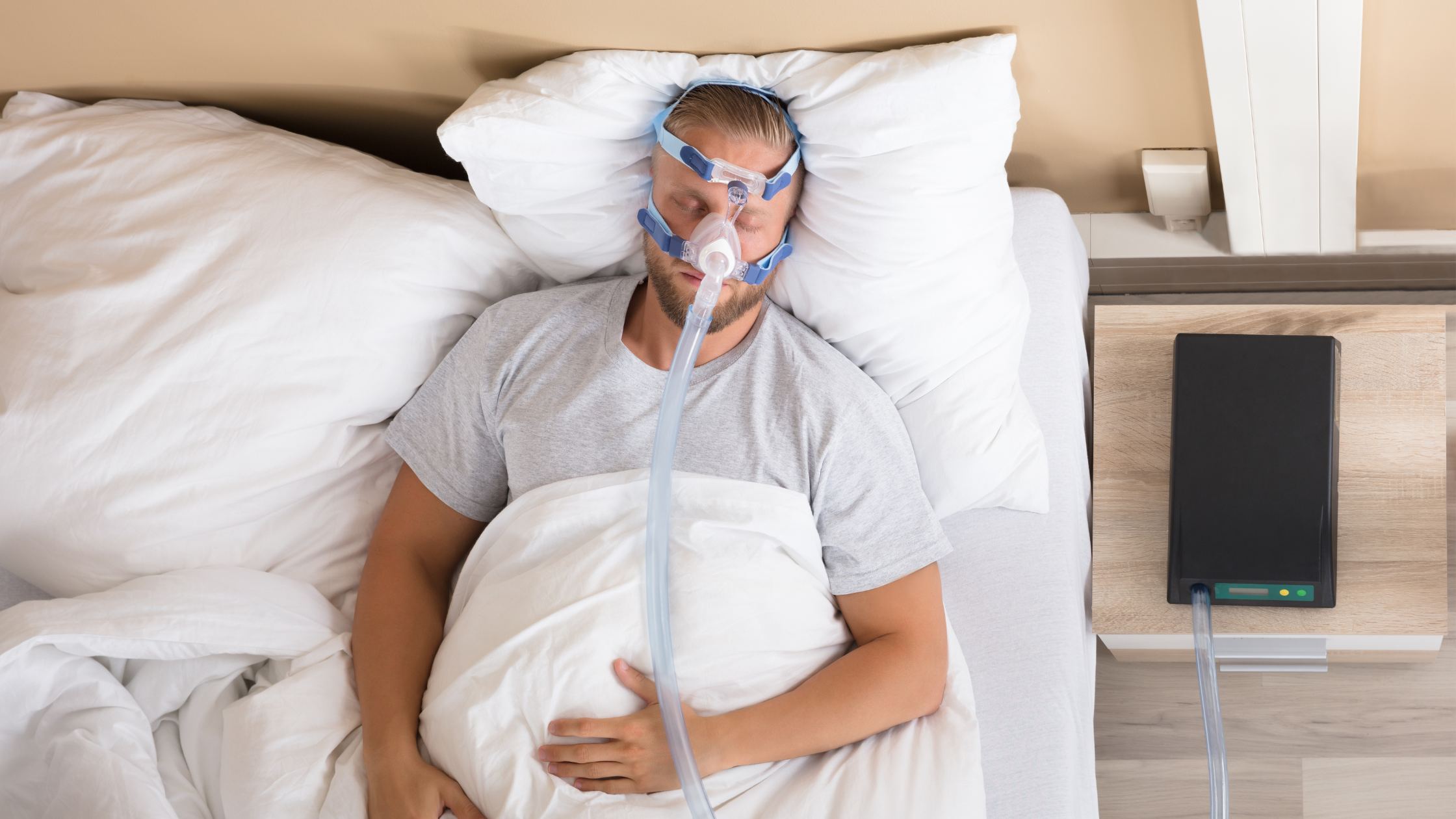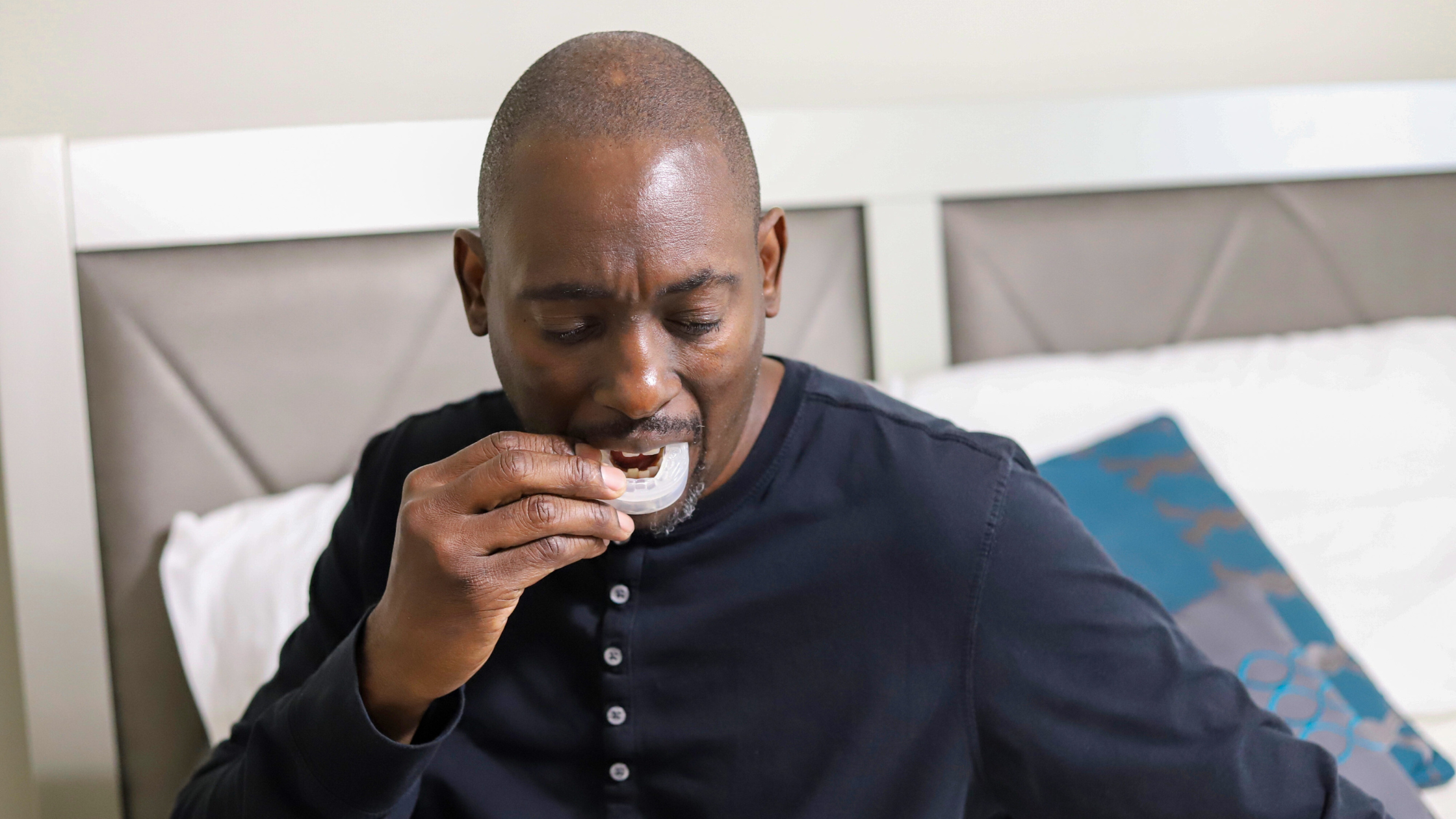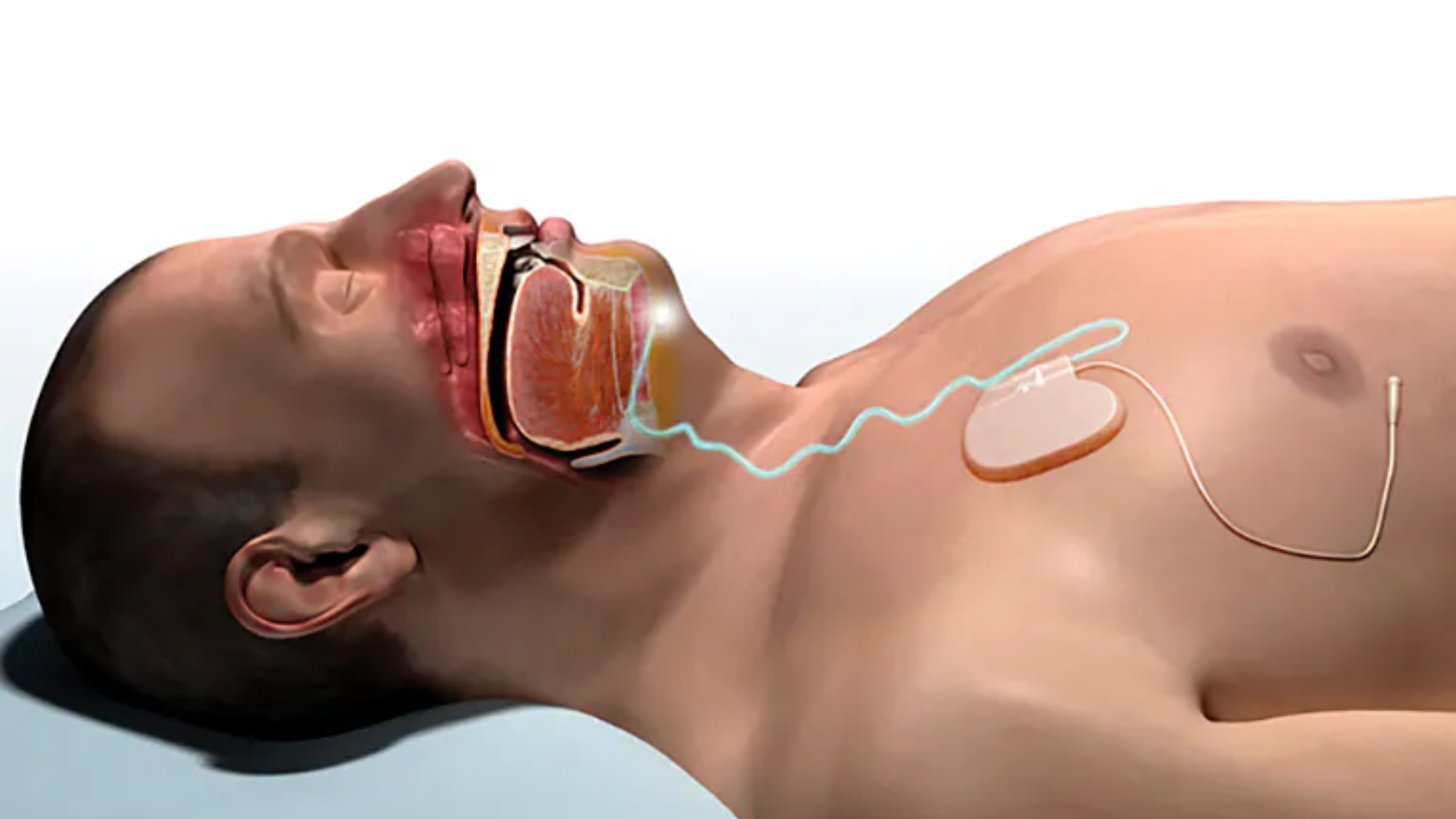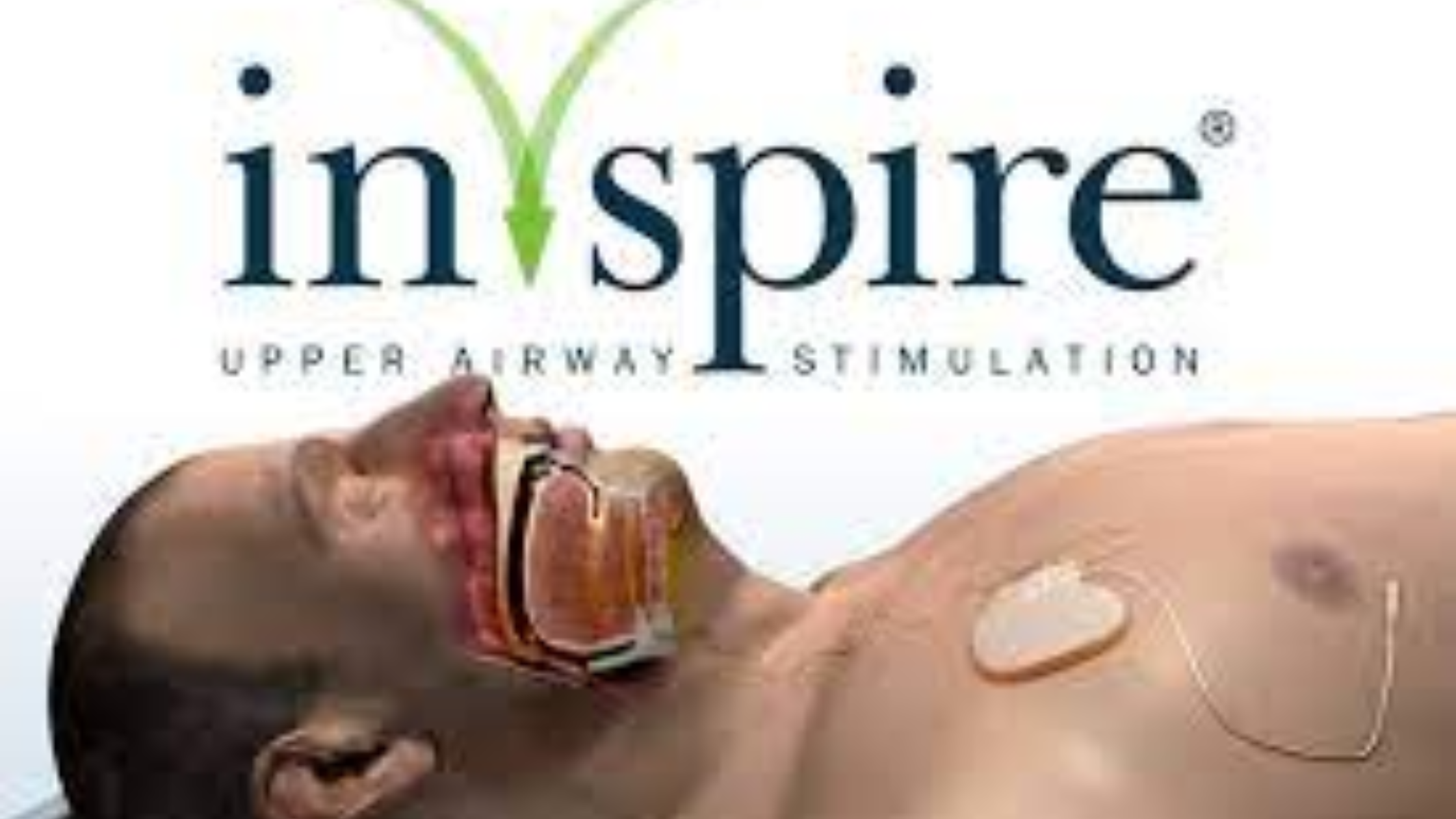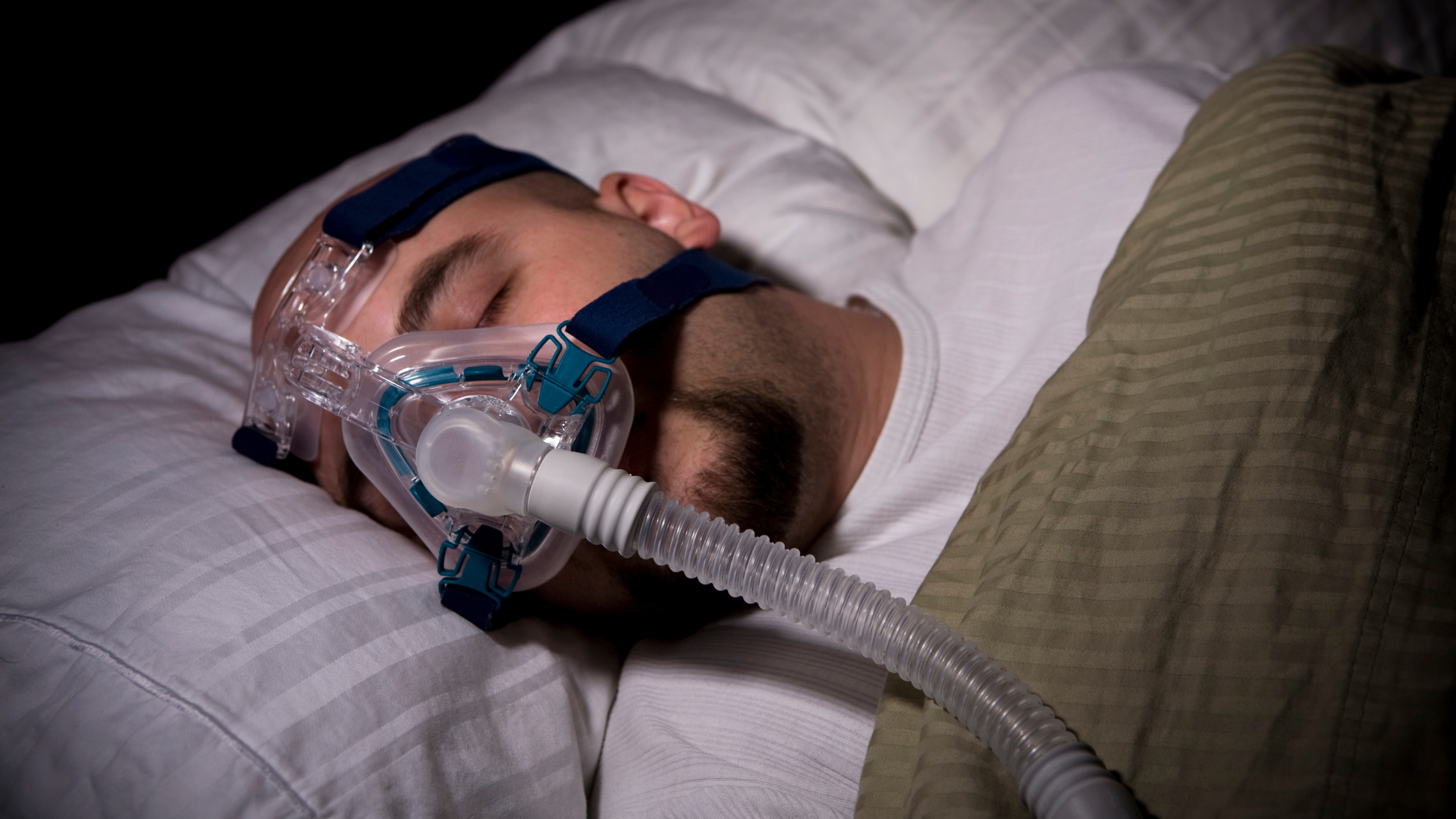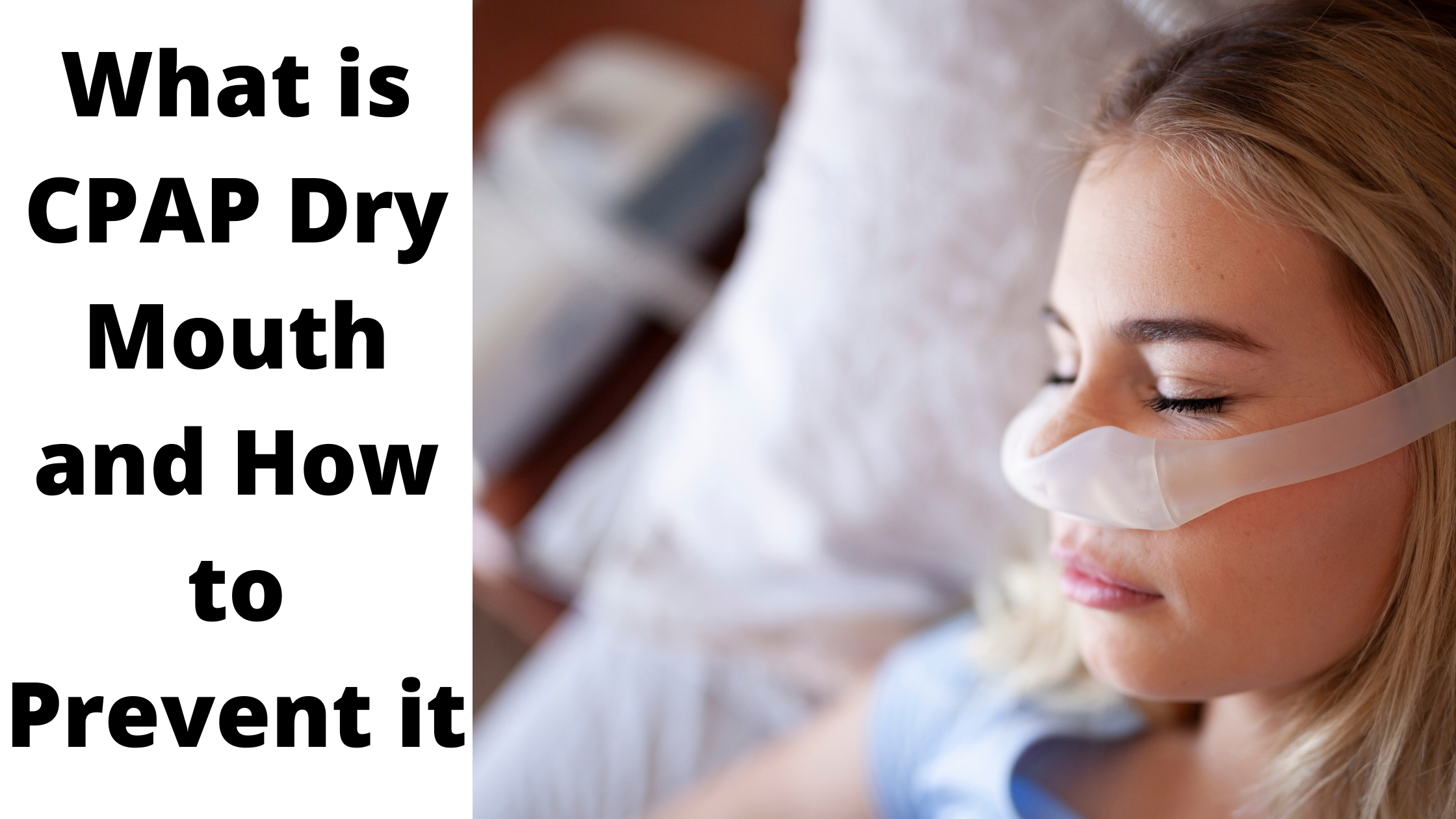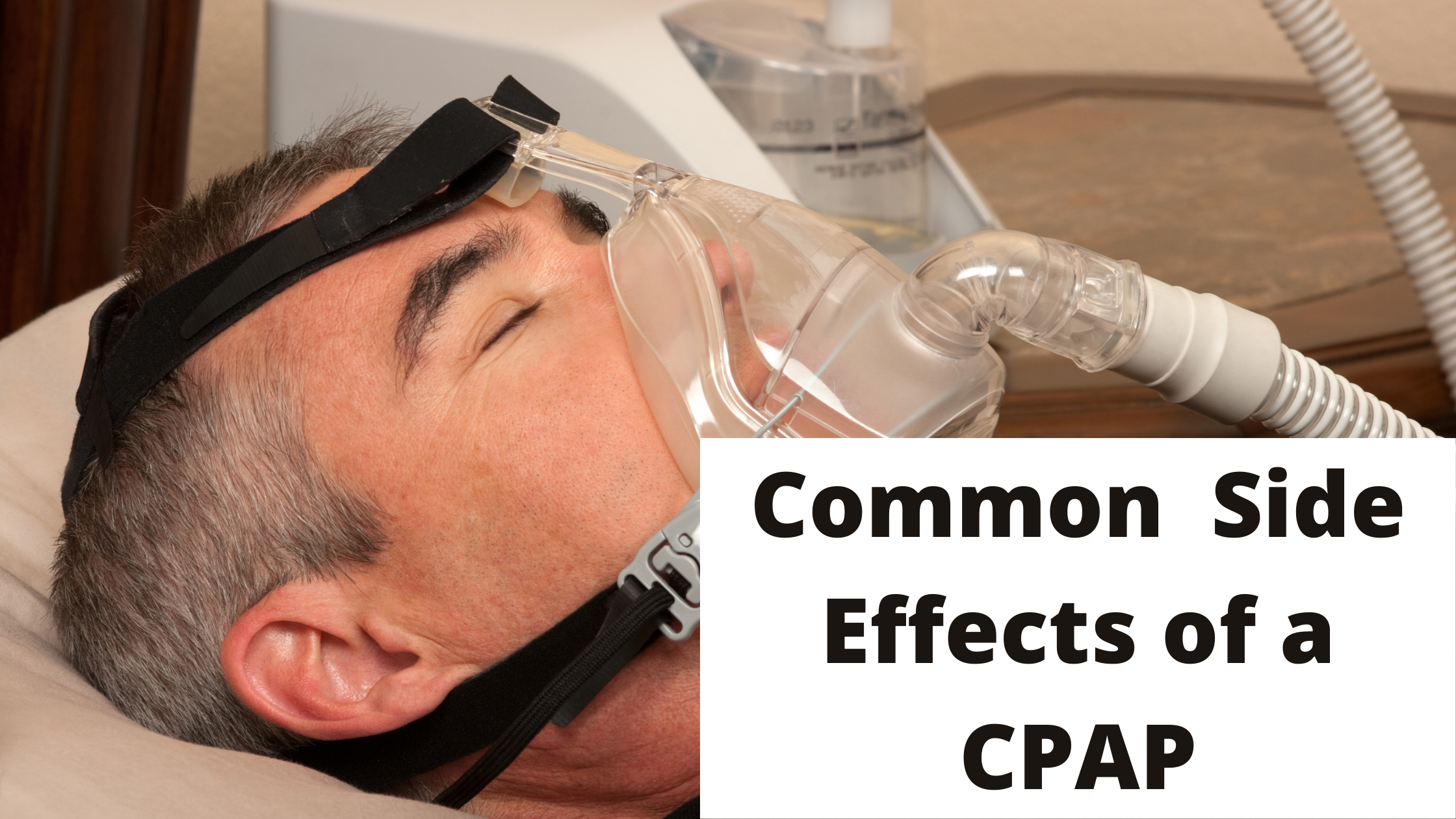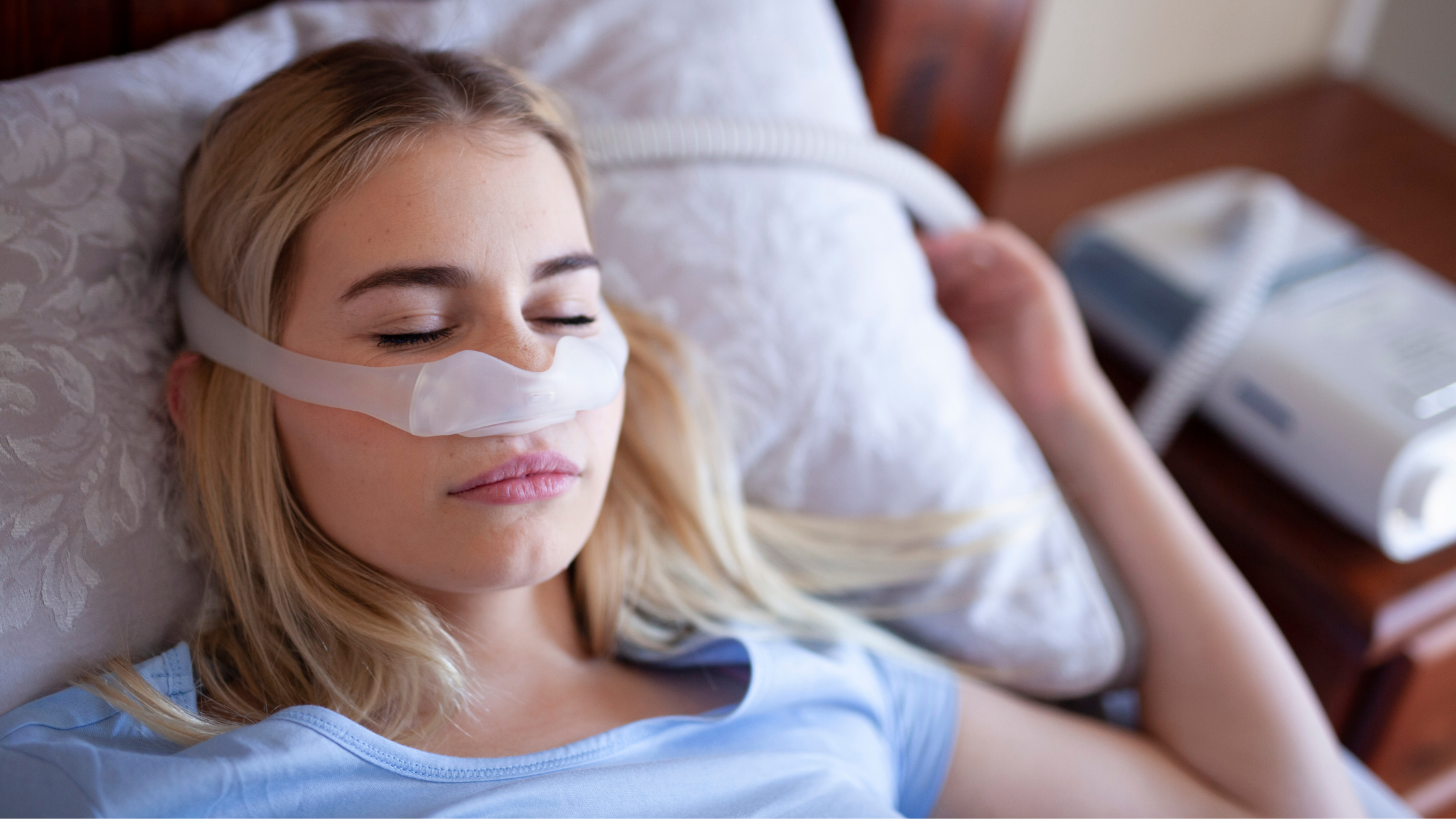Continuous Positive Airway Pressure (CPAP) therapy is the gold standard treatment for obstructive sleep apnea (OSA). For many, it’s a life-changing device — improving sleep quality, boosting daytime energy, and even reducing health risks. But for some, the mask can feel uncomfortable, the machine noisy, or the nightly ritual inconvenient. Unfortunately, not sticking with CPAP can carry serious consequences that go far beyond just feeling tired.
Continuous Positive Airway Pressure (CPAP) therapy is one of the most effective treatments for sleep apnea. However, many users struggle with discomfort, irritation, or other challenges when using a CPAP mask. If you find yourself unable to tolerate your CPAP mask, don’t give up on treatment—there are several alternatives and adjustments that can help.

